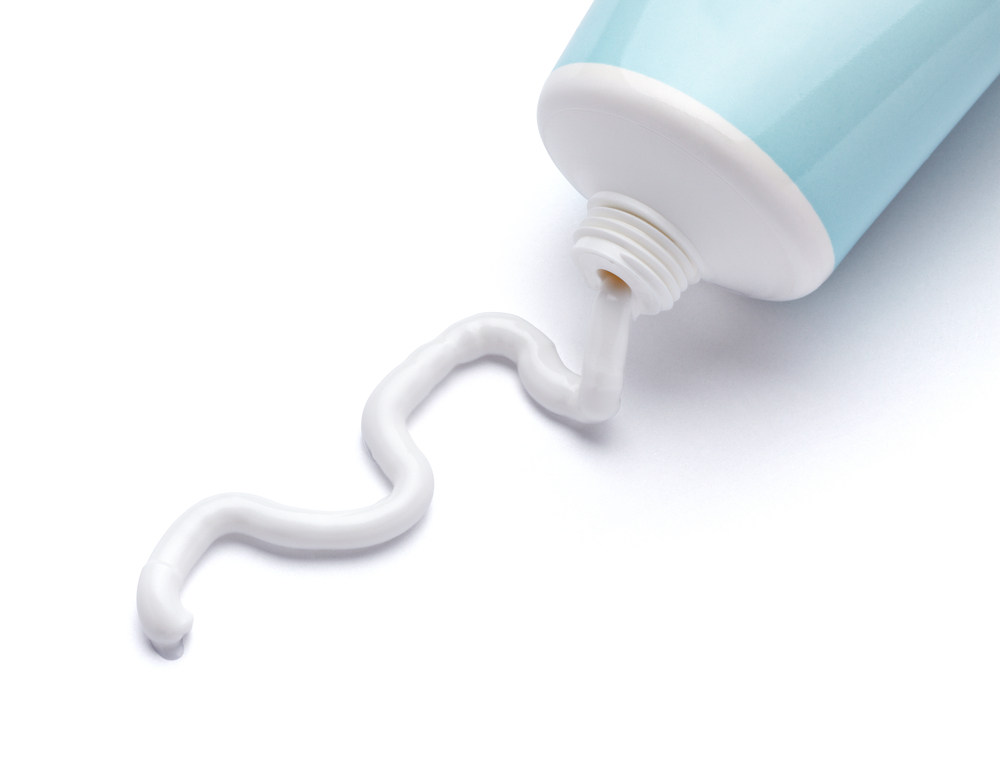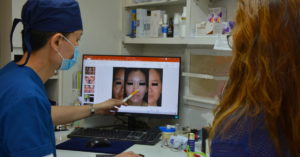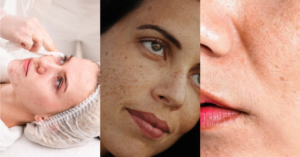Aesthetics
Prepare for Your Dermatologist Appointment to Maximum Effect with this Derma Tips
Your dermatologist wants you to have great skin, but she’s a doctor, not a psychic. Use this guide to come prepared! 1....
By: Beauty Insider Journalist / December 24, 2016

Your dermatologist wants you to have great skin, but she’s a doctor, not a psychic. Use this guide to come prepared!
1. Prepare your list of questions
A short consultation can stretch to an hour because of last-minute questions – and many of us leave feeling we’ve forgotten something. Write down what you want to ask, and any info that may help your dermatologist understand your concern. For example, “that weird rash” isn’t helpful. “A rash around my mouth ever since I started taking this particular antiobiotic” is. You may also want to give your patient history. For example, if you’re seeing her for acne, you may want to tell her when the problem started, what products or treatments you’ve used, and when your breakouts tend to get worse.
2. Bring the bottles
If you’re concerned that your skincare regimen is causing irritation, bring the bottles or take phone pics of the labels. Your dermatologist can read the list of ingredients, and possibly identify if two compounds which are perfectly harmless on their own are going all wonky when applied together. Also note that giving a brand name isn’t enough: your dermatologist needs to know if it’s a cream, gel or ointment, or what percentage strength of a particular ingredient.
3. Skip the makeup
Your dermatologist needs to see your skin! If the thought of leaving the house completely bare sends shivers down your spine, then bring good makeup remover so you can strip it off before your appointment. (Don’t be shy, she’s a dermatologist – she won’t judge.)

4. …but don’t skip the skincare
Your dermatologist needs to know how your skin responds to your regular skincare. Any redness and flare-ups will help her assess if it’s time to change a dosage or switch medication. (If you do get these reactions but know they’ll subside by the time you get to the clinic, take a pic.) The only exception is if you’re taking a topical steroid such as hydrocortisone, which may affect the efficiency of a skin biopsy or obscure a rash that you want her to check.
5. Ask the right questions
Once your dermatologist prescribes medication or treatment, ask the following questions so you know that you’re using it properly:
- How soon will I see the effects?
- How long should I use these medications?
- Do you recommend any changes in any other products I’m using on my skin (creams, facial washes, lotions, etc.)
- Do you recommend any changes in my skincare regimen? (For example, should you temporarily stop exfoliating or use a stronger sunscreen.)
















